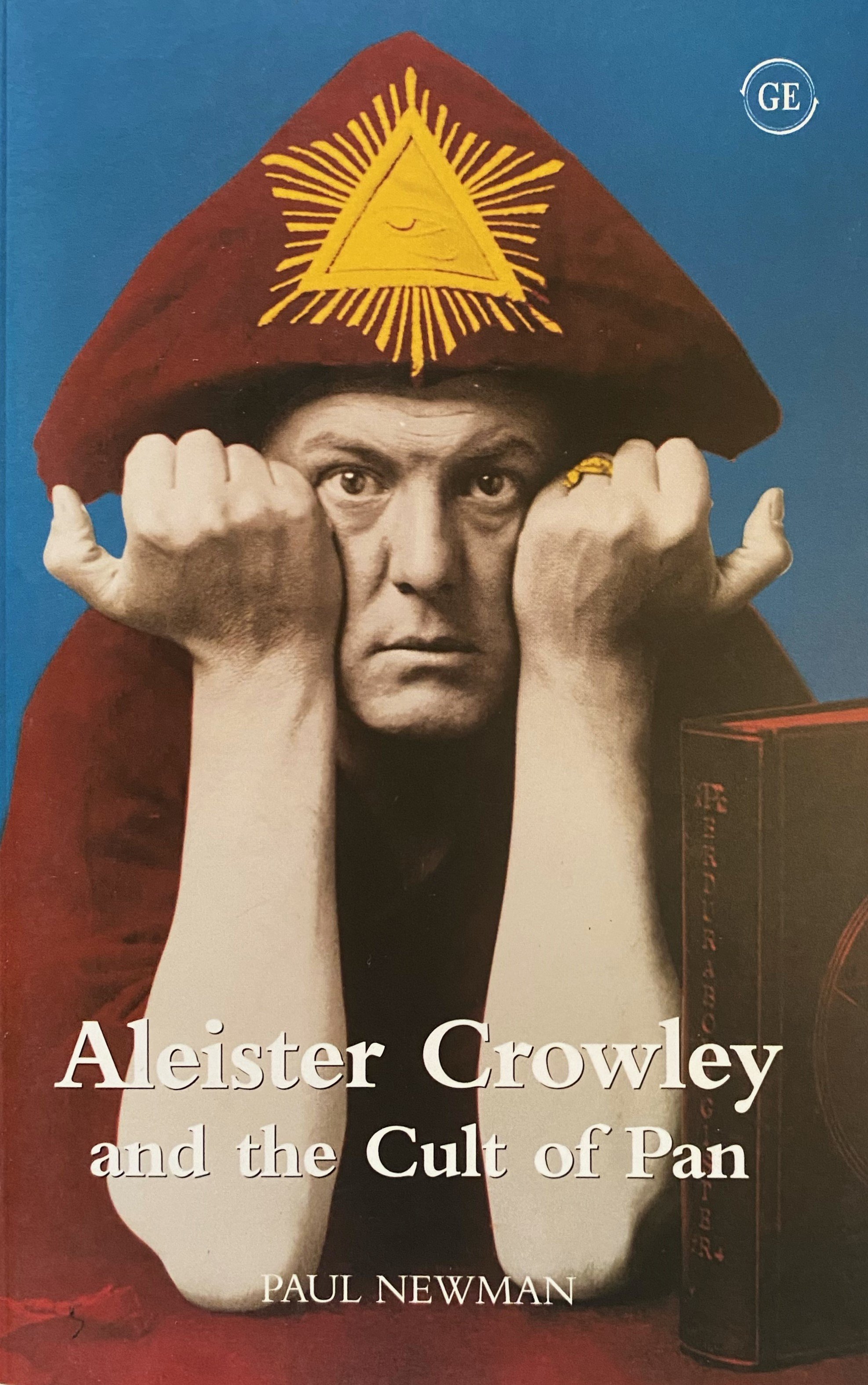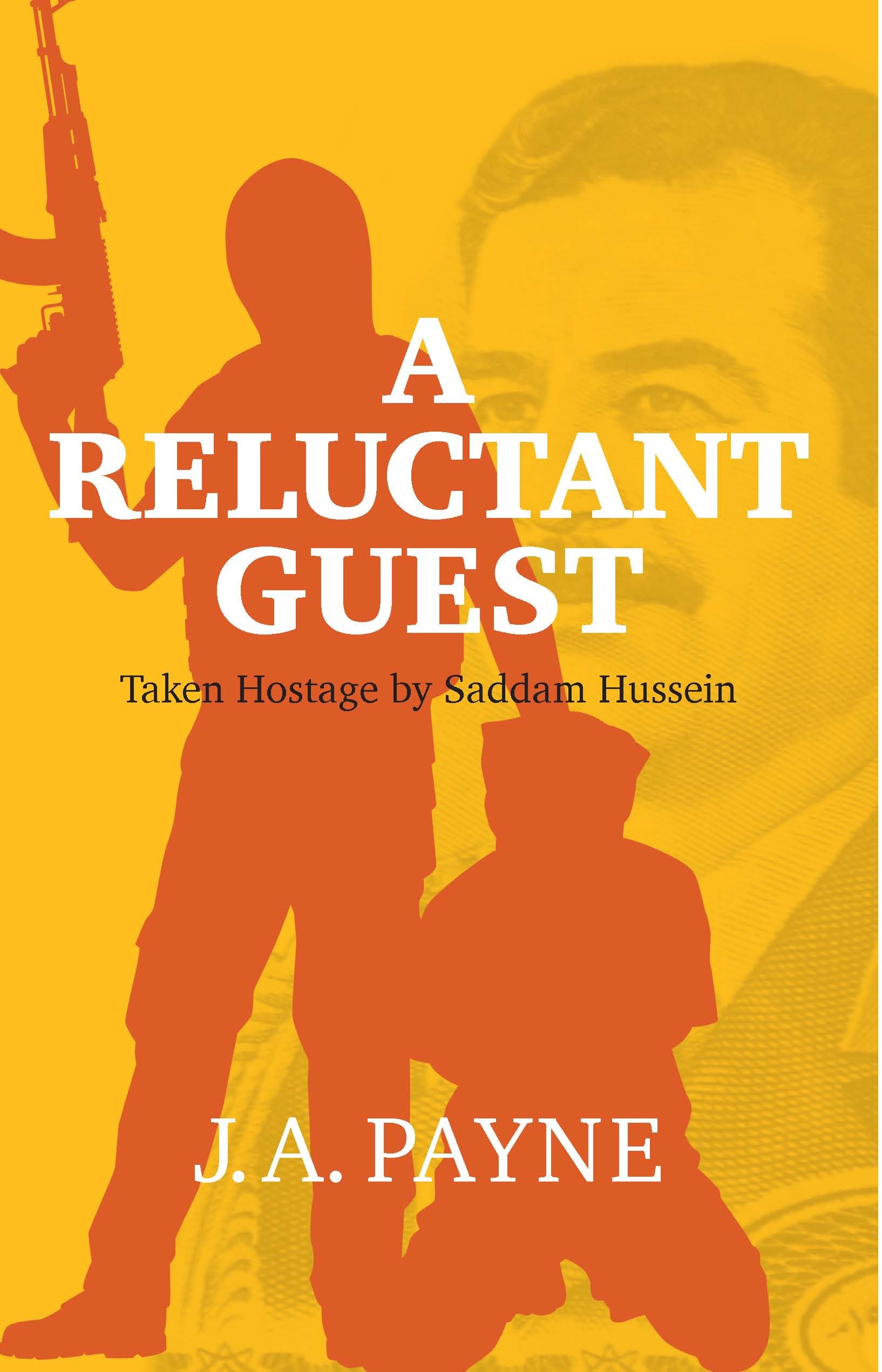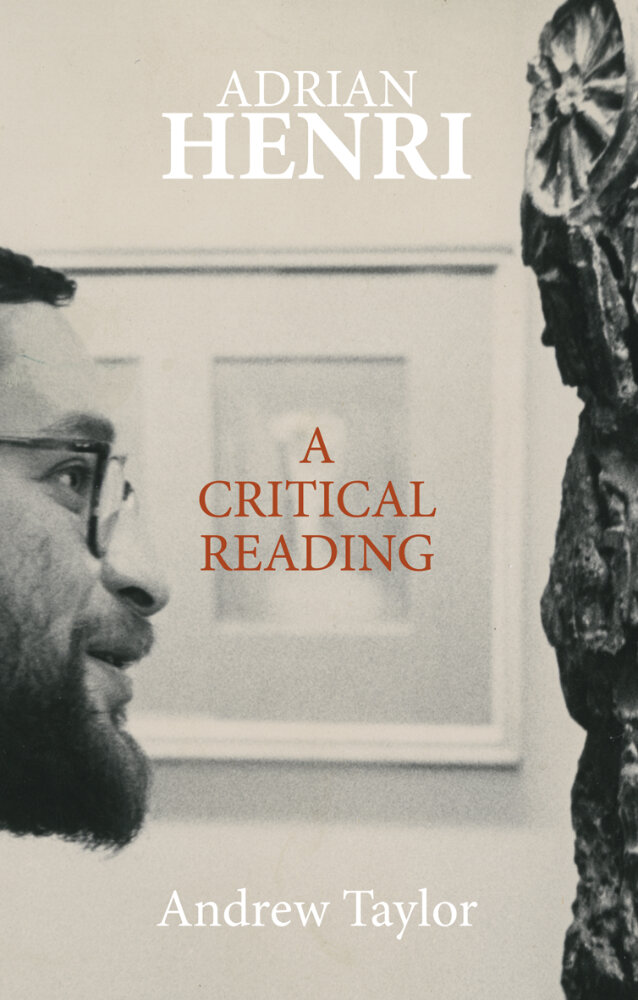 Image 1 of 1
Image 1 of 1


An Introduction to Kamila Shamsie’s Home Fire
Kamila Shamsie’s celebrated novel Home Fire is a modern-day rewriting of
Sophocles’ play Antigone. Whilst Antigone has been re-adapted time and
time again, this study guide aims to examine how the key elements of the ancient play have been uniquely adapted by Shamsie in Home Fire.
The original Ancient Greek version of the play is set against a Civil War in Thebes. Antigone’s two brothers, Eteocles and Polynices, lead the opposing sides, with both being killed in battle. The new ruler of Thebes, King Creon, declares that Eteocles’ body will be honoured and Polynices’ remains put to public shame. The rebel brother’s corpse will not be sanctified by holy rites and will lie unburied on the battlefield, prey for carrion animals, a punishment considered particularly harsh and cruel by the Ancient Greeks. Yet a defiant Antigone breaks the declared law and
buries Polynices in the name of tradition and familial honour. She is buried alive for her flouting of the State as well as Creon’s will.
The issues raised by the play – Is it right to defy the law in favour of individual moral belief? What is the balance between the rights of the State and the rights of the individual? What is the nature of law? – resonate
down the centuries right through to contemporary Britain.
In her critically-acclaimed retelling of the story of Antigone, Shamsie sets her novel in Britain’s Muslim community, and explores how the issues raised by the play are still emotive and compelling to a modern readership.
About the author:
Abbie Jukes is an English PhD graduate from Queen Mary University of London. This is her first book.
ISBN: 978-1-910996-69-0
No of Pages: 54 pp
Kamila Shamsie’s celebrated novel Home Fire is a modern-day rewriting of
Sophocles’ play Antigone. Whilst Antigone has been re-adapted time and
time again, this study guide aims to examine how the key elements of the ancient play have been uniquely adapted by Shamsie in Home Fire.
The original Ancient Greek version of the play is set against a Civil War in Thebes. Antigone’s two brothers, Eteocles and Polynices, lead the opposing sides, with both being killed in battle. The new ruler of Thebes, King Creon, declares that Eteocles’ body will be honoured and Polynices’ remains put to public shame. The rebel brother’s corpse will not be sanctified by holy rites and will lie unburied on the battlefield, prey for carrion animals, a punishment considered particularly harsh and cruel by the Ancient Greeks. Yet a defiant Antigone breaks the declared law and
buries Polynices in the name of tradition and familial honour. She is buried alive for her flouting of the State as well as Creon’s will.
The issues raised by the play – Is it right to defy the law in favour of individual moral belief? What is the balance between the rights of the State and the rights of the individual? What is the nature of law? – resonate
down the centuries right through to contemporary Britain.
In her critically-acclaimed retelling of the story of Antigone, Shamsie sets her novel in Britain’s Muslim community, and explores how the issues raised by the play are still emotive and compelling to a modern readership.
About the author:
Abbie Jukes is an English PhD graduate from Queen Mary University of London. This is her first book.
ISBN: 978-1-910996-69-0
No of Pages: 54 pp






